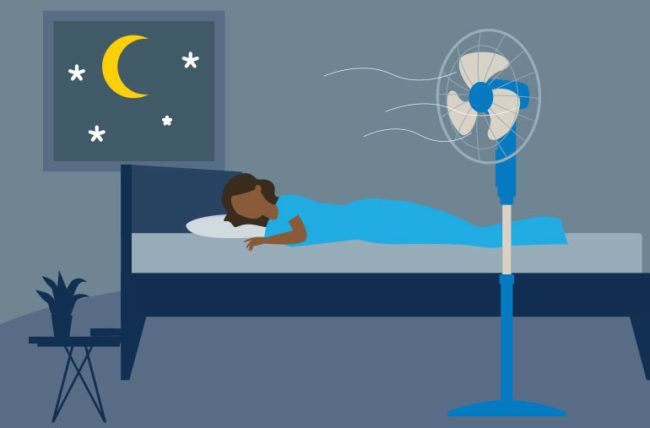The rhythmic beat of a heart — Lub-Dub, Lub-Dub, lub Dub — is the soundtrack to life. This groove is created by the vibrations that occur as your heart valves open and shut and blood flows in and out of its chambers.
Sometimes, an additional sound is added to the mix. This whoosh, swish, or buzz can be referred to as a murmur. This is quite common in children.
It doesn’t mean that parents are any less scared by a heart murmur. Researchers found that anxiety levels in parents increase after a child’s heart murmur has been detected.
What’s the good news? Parents’ worries decreased after they learned the truth about heart murmurs. Let’s ask pediatric cardiologists Rashmi R. Rao, MD and Holly Nadorlik DO for answers.
What is the frequency of heart murmurs among children?
Dr. Rao notes that approximately 60% of children will develop a murmur in their heart at some stage during their childhood, usually during elementary school. Typically, they are discovered at a routine check-up with a pediatrician.
Heart murmurs that are benign or innocent in nature make up the vast majority. She says, “That means that there is no abnormality in your heart.”
Children’s heart murmurs are common in the first days following birth, and during rapid growth. Heart murmurs are usually outgrown by children, but some can last for a lifetime without any adverse effects.
Dr. Nadorlik says that innocent murmurs are usually soft and vary depending on the child’s position. This type of murmur can be louder when a child has a cold or is under stress.
What causes this extra sound? Dr. Rao explains that the sound is caused by normal blood flow through the heart and heart vessels. There’s no real reason for these murmurs.
Murmurs can be a sign of heart disease
Yes, in some cases. Children’s heart murmurs could indicate:
- Anemia
- A congenital cardiac defect including a septal defect (hole in the chest).
- Hyperthyroidism (overactive Thyroid)
A murmur’s sound as heard by a Stethoscope can indicate whether or not it is “innocent”. Dr. Nadorlik notes that murmurs with a higher level of concern often sound harsher or click.
The pitch, volume and timing of a murmur may indicate a heart valve or muscle problem. How loud can murmurs be? You can feel and hear murmurs with your hands without using a stethoscope. Nadorlik.)
A murmur that is concerning may lead to a recommendation of monitoring and testing. Dr. Rao says that an echocardiogram or ultrasound of your heart can tell you more about the problem.
Is physical activity restricted with a murmur of the heart?
It’s rare for a heart murmur to be enough to keep a child out of sports. Dr. Rao says that the vast majority of murmur-prone children, especially those who are innocent, can still participate in sports and activities.
If the murmur has been linked to a health or heart issue, restrictions may be suggested.
Final Thoughts
Take a deep breathe and ask for more information if your child is diagnosed with a murmur. Dr. Rao assures parents that a heart murmur can be a common occurrence and is not regarded as indicating ill health or danger.






















